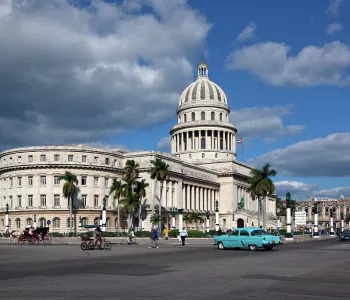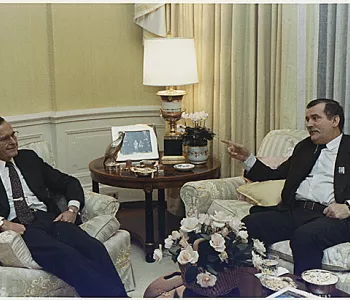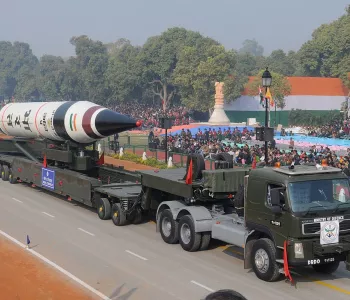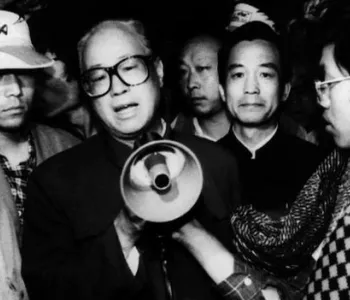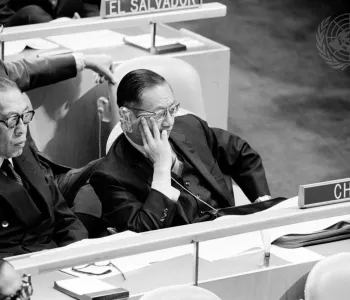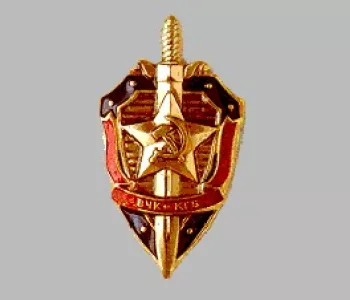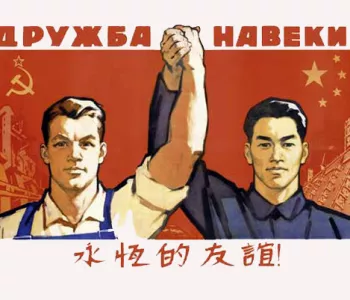Comrade Josef Houska submits a document concerning issues related to cooperation with the Cuban intelligence service especially the Operation MANUEL to the Central Committee of the Communist Party of Czechoslovakia. The Operational MANUEL started in 1962 when the Cuban intelligence asked the Czechoslovak resident in Havana to arrange a transit through Prague for Venezuelan nationals who underwent guerrilla training in Cuba. In 1964 talks were held between Cuban and Czechoslovak intelligence services but no formal agreement of the tasks and responsibilities was concluded between the two. The Soviet government was informed about the Operation MANUEL and stated its agreement with the project. Houska says that the main objective of the operation is the education and training of revolutionary cadres from Latin America and the organization of combat groups. Participants of the operation were not confined to cadres from among the ranks of communist parties but also included members from various nationalist and anti-American groupings. The routes of individual participants in the operation were determined by the Cuban intelligence service who mainly directed the Operation MANUEL. Houska says problems that arisen in the course of the operation were solved in collaboration with Cuban and the Soviet authorities. The document cautioned about counter-espionage institutions' increasing interests in the operation and the fact that the US intelligence service agents were among the operation participants. Houska says refusal to offer assistance would have a negative impact on Cuba and Czechoslovakia would lose control over the operation.




